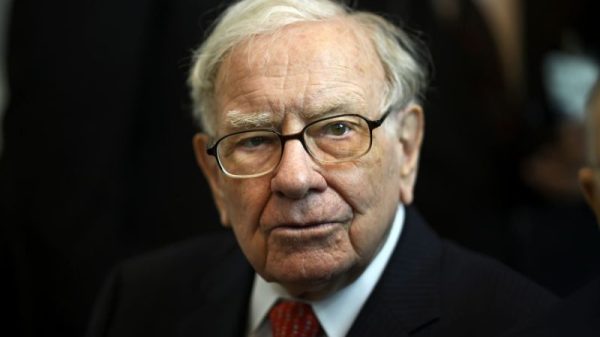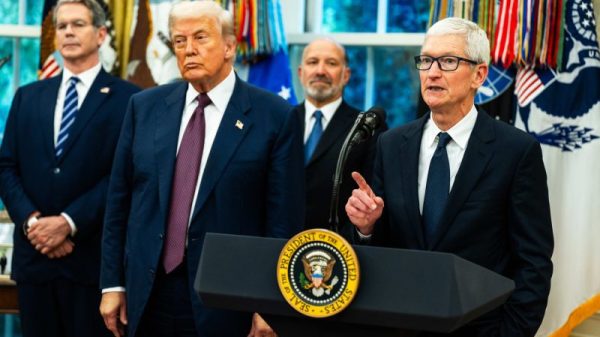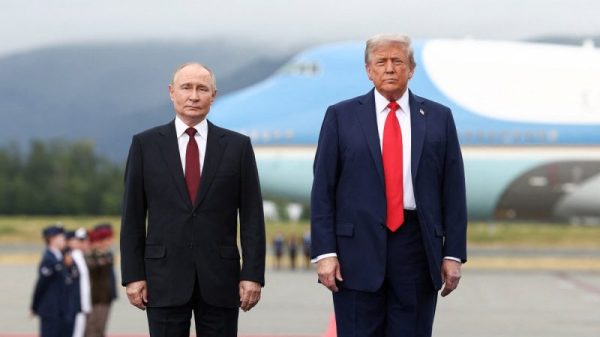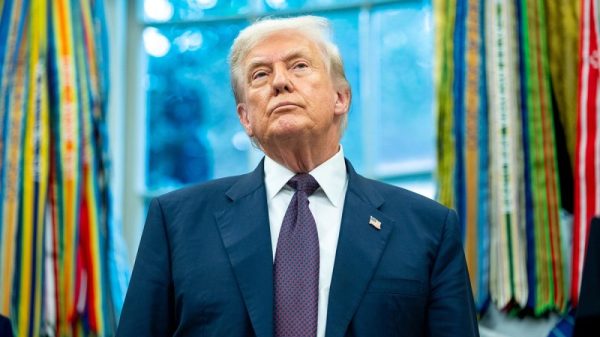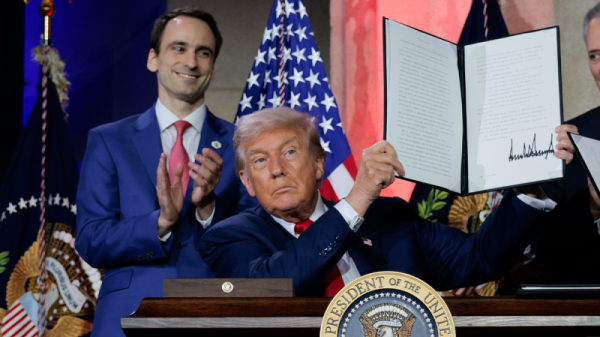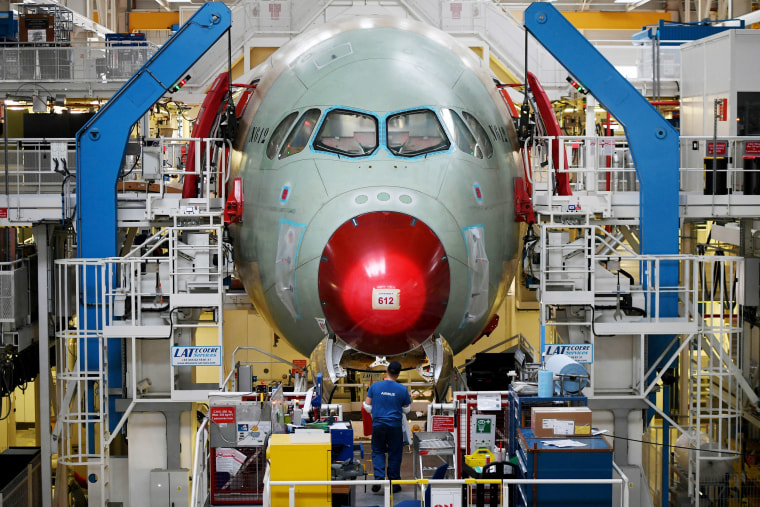Boeing and Airbus May Have Used Counterfeit Titanium in Planes, FAA Says
The aviation industry is once again under scrutiny with the recent revelation by the Federal Aviation Administration (FAA) that Boeing and Airbus may have used counterfeit titanium in the manufacturing of their planes. This shocking accusation has raised concerns about the safety and reliability of these aircraft, putting both manufacturers under intense scrutiny and threatening to shake the foundations of the global aviation industry.
The use of counterfeit materials in aircraft construction is a serious issue that can compromise the structural integrity and safety of the planes. Titanium is a crucial component in the aerospace industry due to its strength, durability, and resistance to corrosion. It is commonly used in critical parts of the aircraft, such as the fuselage, wings, and engine components, to ensure the safety and performance of the aircraft.
The discovery that Boeing and Airbus may have unknowingly used counterfeit titanium in their planes has sent shockwaves through the aviation community. The FAA’s investigation into the matter has revealed that the titanium in question was purchased from a supplier who allegedly supplied counterfeit materials to multiple manufacturers. This has raised concerns about the quality control practices of both Boeing and Airbus, as well as the oversight of their supply chains.
The implications of using counterfeit titanium in aircraft are far-reaching and potentially catastrophic. Counterfeit materials may not have the same strength or durability as genuine titanium, which could lead to premature fatigue, cracking, or failure of critical components. This poses a significant risk to the safety of the passengers and crew onboard these planes, as well as to the reputation and financial stability of Boeing and Airbus.
The aviation industry is highly regulated, with stringent safety standards and quality control measures in place to ensure the airworthiness of aircraft. However, cases of counterfeit materials finding their way into the supply chain highlight the challenges faced by manufacturers in verifying the authenticity and quality of the materials they use. The use of counterfeit materials not only poses a safety risk but also raises questions about the integrity and transparency of the aerospace supply chain.
Boeing and Airbus have responded to the FAA’s findings by launching their own investigations into the matter and implementing enhanced quality control measures to prevent the use of counterfeit materials in the future. Both manufacturers have stressed their commitment to ensuring the safety and reliability of their aircraft, and have reassured the public that any planes found to contain counterfeit titanium will be thoroughly inspected and, if necessary, replaced.
The revelation that Boeing and Airbus may have used counterfeit titanium in their planes serves as a stark reminder of the challenges and risks facing the aviation industry. It underscores the importance of robust quality control processes, transparency in the supply chain, and regulatory oversight to prevent the use of counterfeit materials in aircraft construction. As the investigation unfolds, both Boeing and Airbus will need to demonstrate their commitment to safety and regain the trust of regulators, customers, and the flying public.







